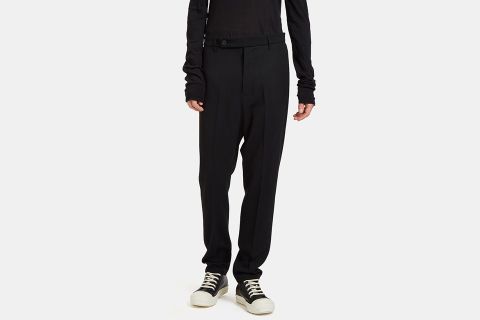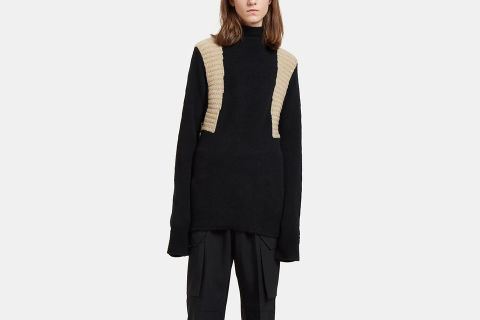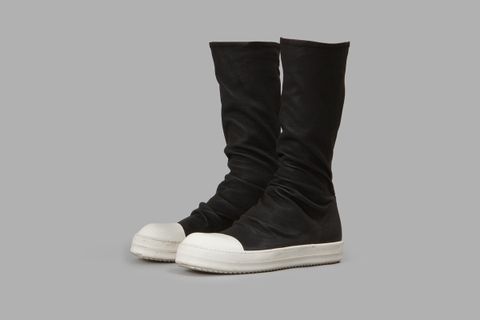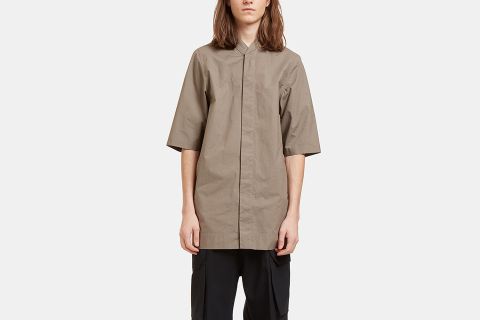Rick Owens Opens up About His Childhood & What Makes a Man in New Interview
American fashion designer Rick Owens has reached nothing short of icon status, and at the ripe age of 55, he shows no signs of slowing down, whether it be in the fashion industry or through more recent avenues such as furniture design. In a recent interview with Vestoj, courtesy of Business of Fashion, Owens chose to discuss his life and aforementioned work, as well as focusing on masculinity and what makes a man.
We've highlighted some excerpts from the conversation underneath, but be sure to head on over to Business of Fashion after reading the key points.
On how he views himself:
"I’m a Los Angeles cliché. I had a conservative, controlled childhood, then became as uncontrolled as I could, then realized that I liked control after all. This is the story of my generation: kids that were too controlled and then became drug addicts and alcoholics before finding spirituality and Zen. It’s so common. I’m totally common."
On his childhood:
"I was pretty effeminate and sensitive as a boy. It’s that same old story: sensitive boy in a small town, trying to fit in. Growing up, there was a certain set of rules or expectations about how to behave. That angered me, and later on I felt vengeful. I tried to conform, but I never managed to do it very successfully. I was forced to bend, to act in a way that I was uncomfortable with. I had to become more masculine. I couldn’t be flamboyant; I had to butch it up. It was humiliating. In a way I suppose it helped me form a sense of defiance and rebellion and when I left to go to art school in the big city, I became as flamboyant as I possibly could."
On his relationship with his parents:
"I wore platform boots and capes and full makeup. But when I went back home to Porterville to see my parents, I’d take off all the makeup and nail polish and put on normal clothes. If I wanted to have a relationship with them, I had to compromise. And in the later years, when I was completely honest with them and allowed them into my life, they had to make some compromises too. That was lovely. In a way, it was the money that made them change their minds about me. My parents figured, well as long as he’s successful he must be okay. It was kind of bittersweet because obviously it was a false context, but then life isn’t perfect."
On influence:
"I’ve always wanted to participate in the world, to be involved. The world that I propose to people is not meant to impose or insist. It’s not a manifesto, it’s a proposal. It’s meant to be gentle. Although it was born out of my reaction to the rules imposed on me, I want it to be an alternative, not the only option. That’s really important to me."
On successful men's fashion:
"The most successful men’s fashion is conservative with just a hint of rebellion. Imagine something classic, but with a ripped lining or a hidden strap that implies S&M. I do clothes like that myself. One of the inspirations for my men’s clothes is Neil Young. He’s a poet and he’s masculine but he’s sensitive too. He seems honest, with a sense of honor. I don’t think honor tops the list of women’s attributes but it’s one of the appealing things about a man. We expect men to build the house, and women to make it a home. In a very primal way we still want men to be providers and women to add grace."
Related Shopping Tips










